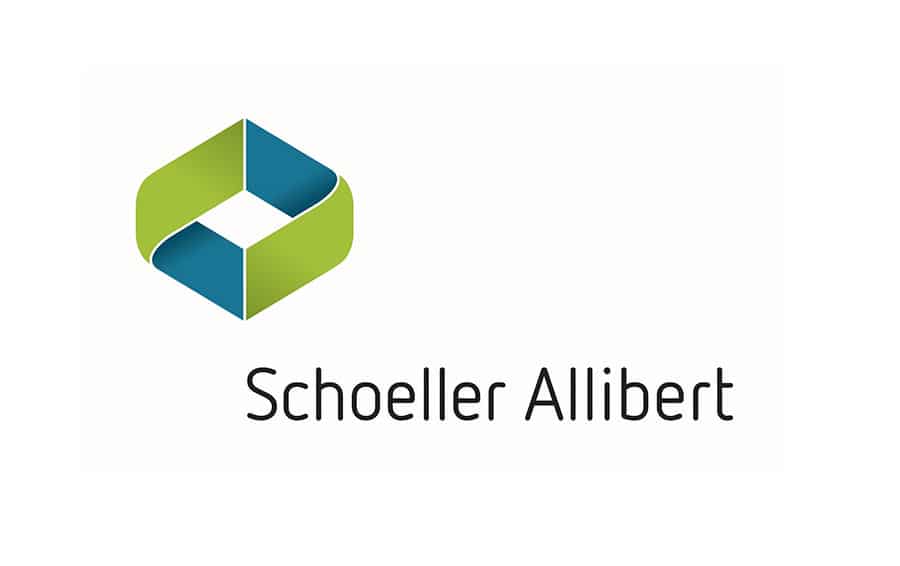Schoeller Allibert, a leading UK manufacturer and supplier of returnable and recyclable plastic packaging solutions, has shared its perspective of where automation fits in today’s evolving manufacturing sector and where it will likely move through the year.
The business, which works directly with brands and retailers to provide durable transit packaging solutions, has seen an enormous rise in supply chain automation. In turn, this rapid growth has shaped the ongoing development of the Schoeller Allibert range.
Sam RyallSam Ryall, Key Account Manager at Schoeller Allibert UK, explains: “There’s a fascinating wave of innovation happening right now in the manufacturing sector – and we’re definitely leaving the post-Covid blues behind. Working with brands of every size to drive more value through the supply chain, we’re often asked what direction the market is moving in. It’s clear that for 2022, automation is once again back at the very top of the agenda.
“We’ve learned a lot of tough lessons from Covid-19 and its challenges but now is the time for optimism. These lessons should create a more resilient industry moving forwards, with new paths for automation opening up. One of the most important reasons to automate is for business security. When the workforce is stretched as it has been, having manual operations automated by machinery reduces pressures and enables a smaller team to accomplish more.
“We see technologies such as RFID and IoT-enabled supply chains driving real efficiency in a way that manual operations alone couldn’t accomplish. Automation is taking a more protective role than we have seen previously, with transparency and efficiency at the core. It’s this shifting agenda that guides our own product line development; we supply a number of durable plastic transit packaging options that have this technology built in from the outset.”
Schoeller Allibert develops durable, high performance plastic packaging solutions to support supply chains of every layout, size or complexity. The business has developed a full suite of logistics solutions with ever-expanding digital technology integration.
One example is SASI®, a silent automation-enabled tote sustainably constructed from post-consumer recyclate and polypropylene. Robust, adaptable and high-performance, the load carrier range is ideal for use in automated warehouse systems, suitable for all types of conveyor belts, mini load, shuttle and multi-shuttle systems.
Its versatility makes it suitable for a wide range of industry applications, including retail and e-tail, industrial and automotive manufacturing, pharmaceutical, food and beverage manufacturing and agriculture.
Sam concludes: “Fundamentally, the way brands and their supply chains are looking at automation is changing and evolving. Through the coming year, we are expecting to see a second surge of automation. Those manufacturing businesses that have found themselves stretched to capacity will be taking notes from those that have accomplished more under the same pressures to uncover the difference – and that’s automation. For transparency, bottom line protection and capacity, it has to be top of the agenda.”






